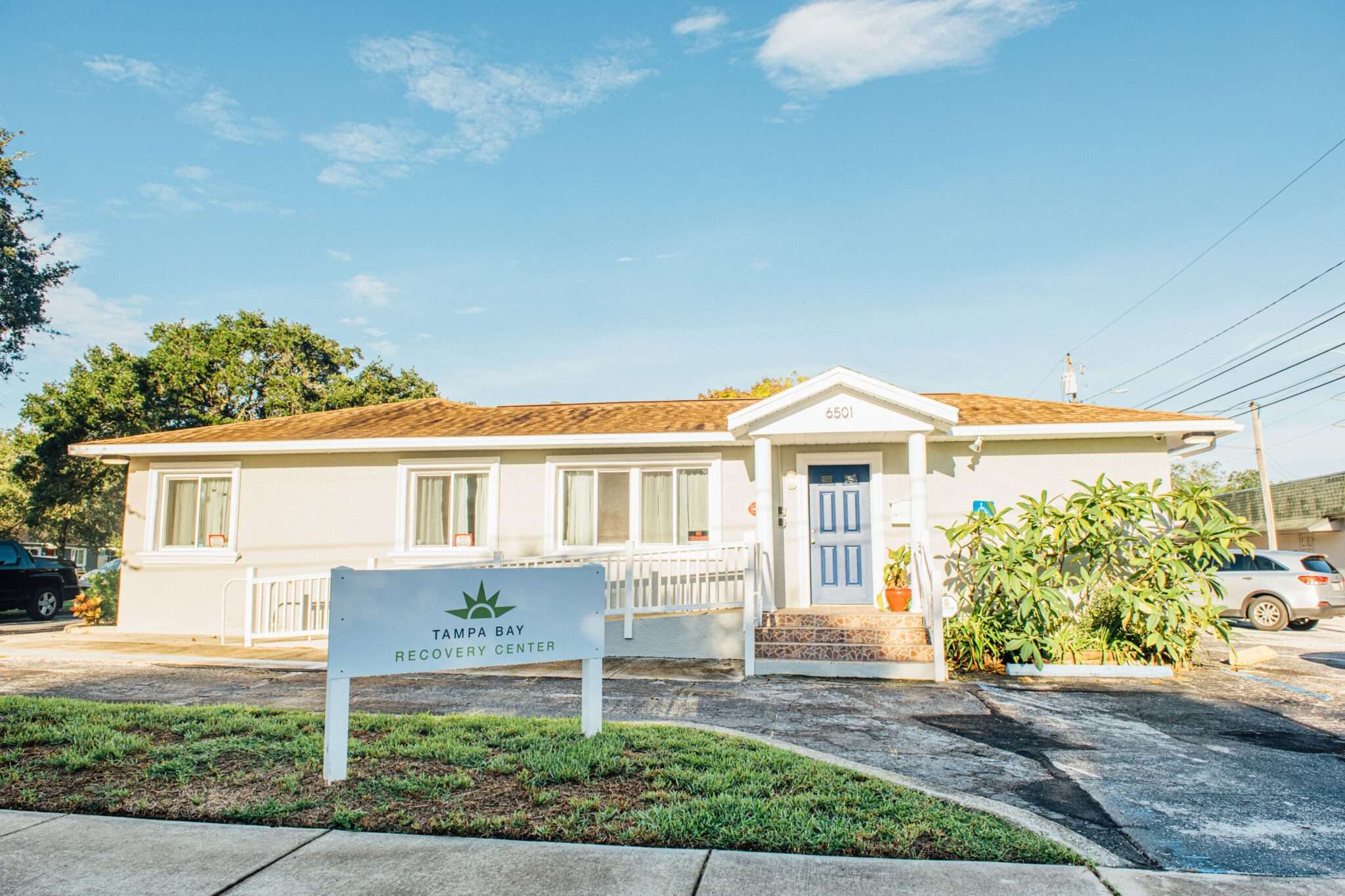Fentanyl Addiction Treatment in Tampa, Florida
Seeking help for a fentanyl addiction is one of the toughest yet most courageous decisions a person can make. At Gulf Coast Recovery Center, our fentanyl rehab program provides the stability and support necessary to overcome addiction. With structured care, accountability, and evidence-based therapies, we empower clients to achieve lasting recovery and freedom from addiction.
If you or a loved one is struggling with fentanyl addiction, call us now at 813-755-8864 or verify your insurance to begin the journey to recovery.
What is Fentanyl?
Fentanyl is a synthetic opioid used to manage severe pain, such as in cancer patients or after major surgery. It is similar to morphine but is 100 times more potent and 50 times stronger than heroin. Fentanyl works by binding to opioid receptors in the brain and spinal cord, blocking pain signals and creating a surge of euphoria and relaxation. While effective in medical settings, fentanyl is highly addictive and dangerous when misused.
Illicitly Manufactured Fentanyl
Illegally produced fentanyl has become a significant contributor to the opioid crisis in the United States. Known on the streets as “China White” or “China Girl,” it is often mixed with other substances, increasing the risk of overdose. The rise of counterfeit pills containing fentanyl has made it even more dangerous, especially for young adults who may mistake these pills for less potent drugs.
The Rise of Fentanyl Addiction
Fentanyl’s potency makes it particularly addictive. By altering brain chemistry and promoting intense pleasure, it reinforces addictive behaviors even after a single dose. According to the Journal of the American Medical Association (JAMA), deaths among teens aged 14 to 18 from illicitly manufactured fentanyl quadrupled from 2018 to 2021. Many of these deaths involved counterfeit tablets mistaken for prescription medications.
Signs and Symptoms of Fentanyl Addiction
Recognizing fentanyl addiction is the first step toward recovery. Symptoms may include:
Physical Symptoms
- Constricted pupils
- Drowsiness
- Insomnia
- Reduced appetite
- Slowed movements and slurred speech
Cognitive Symptoms
- Impaired memory and judgment
- Difficulty concentrating
- Intense cravings for fentanyl
- Paranoia and hallucinations
- Suicidal thoughts
Behavioral Symptoms
- Spending excessive time obtaining, using, or recovering from fentanyl use
- Withdrawing from friends and family
- Neglecting hygiene and responsibilities
- Secretive behavior
How Does Fentanyl Rehab Work?
Effective fentanyl rehab begins with detox, followed by comprehensive therapy and support:
Detoxification
Detox is the first step in overcoming fentanyl addiction. This medically supervised process typically lasts three to five days and helps manage withdrawal symptoms, such as:
- Muscle aches and pains
- Sweating
- Nausea and vomiting
- Anxiety and agitation
- Insomnia
While withdrawal is rarely life-threatening, professional supervision ensures safety and comfort throughout the process.
Rehabilitation
Following detox, clients transition into our rehab program, which includes evidence-based and holistic therapies to address the root causes of addiction. At Gulf Coast Recovery Center, our program emphasizes:
- Relapse prevention
- Skill-building
- Mental and physical well-being
Side Effects of Fentanyl Addiction
Fentanyl addiction can have serious physical, behavioral, and psychological side effects:
Physical Side Effects
- Respiratory problems (slow or shallow breathing)
- Cardiovascular issues (low blood pressure, irregular heart rate)
- Gastrointestinal issues (nausea, constipation)
- Weakened immune system
- Malnutrition and weight loss
Behavioral Side Effects
- Intense cravings
- Mood swings
- Anxiety and depression
- Cognitive impairments (difficulty concentrating, decision-making issues)
- Financial and legal troubles
Fentanyl Addiction Treatment Options
Our comprehensive treatment options include:
- Medically Supervised Detox: Safely manage withdrawal symptoms and stabilize clients.
- Individual Therapy: One-on-one counseling to explore the underlying causes of addiction.
- Group Therapy: A supportive environment for sharing experiences and strategies.
- Holistic Therapies: Yoga, mindfulness, and other practices to promote overall well-being.
Early Intervention Matters
Early intervention significantly improves the chances of long-term recovery. Addressing fentanyl addiction promptly reduces the risk of severe health complications and long-term consequences.
What to Expect During Fentanyl Rehab
Rehab at Gulf Coast Recovery Center is designed to provide a supportive and transformative experience. Clients receive:
- 24/7 care and supervision during detox
- Individual and group therapy sessions
- Holistic therapy to address the whole person
- Tools to build coping strategies and life skills for long-term sobriety
If you or someone you love is struggling with fentanyl addiction, call us today at 813-755-8864 or verify your insurance to take the first step toward recovery. Gulf Coast Recovery Center is here to guide you every step of the way.
















